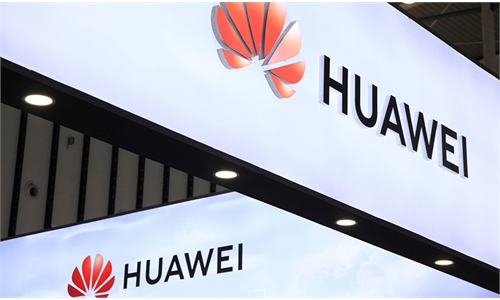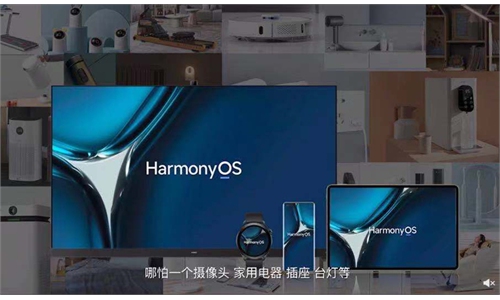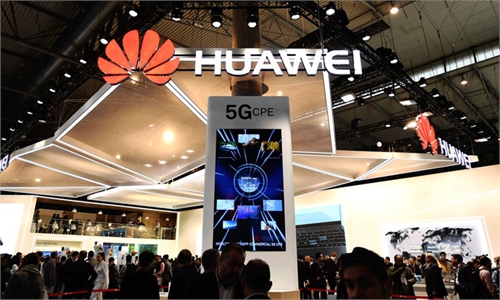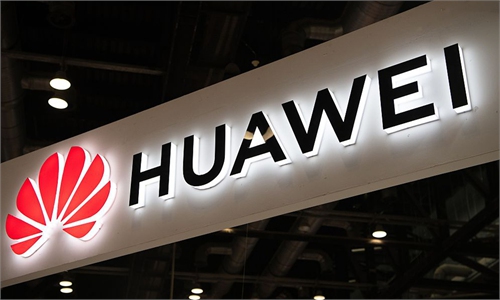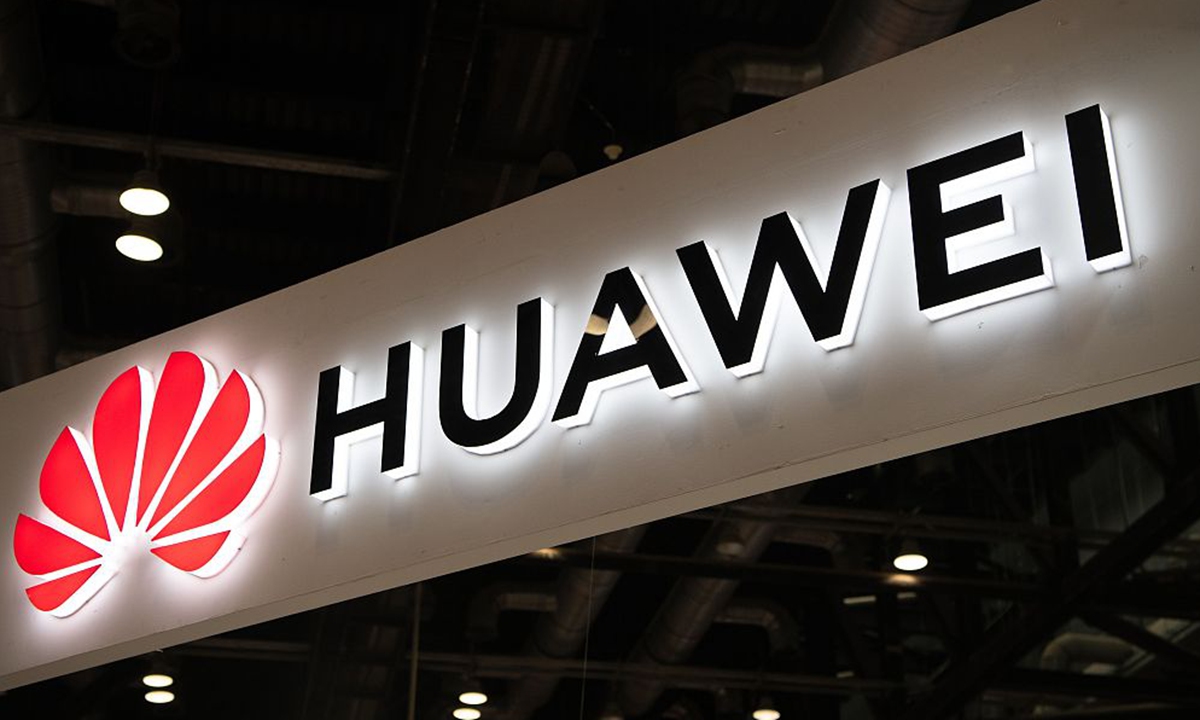
Huawei Photo: VCG
Huawei will never give up overseas markets and its mobile phone business and will never be a company limited to the Chinese market only. The policies of individual countries do not affect Huawei's overall presence in the world, said Guo Ping, the company's rotating chairman , adding that Huawei will survive the US crackdown.
"The US has created many difficulties for Huawei but they are solvable. It is in the supply chain where the US has a big impact on Huawei. We need more investment and innovation to deal with the US sanctions. Huawei has established and helped its industrial chain partners to solve the problems of supply continuity and competitiveness," Guo told new employees on Tuesday, according to the Huawei online community Xinsheng Shequ.
Guo said that "what does not kill me makes me stronger" should be the attitude of Huawei's employees to deal with the containment from the US. He added that "if every employee works diligently and effectively and makes achievements, Huawei will become better and the US will not be able to beat us."
The company is also working hard to communicate with relevant stakeholders and strengthen trust with host countries.
"At present, the biggest difficulty for us is the mobile phone business. As we all know, chips for mobile phone need advanced technology as they are small and have low power consumption. Huawei can design its own chip but no one can manufacture it for us. That's where we stuck," said Guo.
Huawei will not give up its mobile phone business, as Guo explained. The mobile phone is the third largest industrial sector in the world, after real estate and automobile.
One of the major future developments of Huawei according to Guo is to providing value-added ICT components to automakers.
"Huawei phones have a lot of unique technologies of their own. We are looking forward to the day when the core problem of chip manufacture will be completely solved in China," Guo added.
Huawei's shipment of mobile phones dropped out of the top 5 in the first quarter of 2021, according to statistics from IDC global market data agency.
The mobile phone business has been affected, but Huawei has made great progress in various aspects such as smart house, display equipment, sports and health.
"Huawei's ICT industry needs to be able to resist sanctions and continue to serve our operators and enterprise customers. We also decided to set up cloud business and digital energy business which will be our major projects," said Guo.
Gao also projected that the main growth direction of ICT in the coming years is the digitization of government and enterprise, adding that the application of 5G in the industry is still at an early stage of development and the standards of 5G are still in the process of continuous improvement. Releasing the potential of 5G is also one of the priorities of Huawei.
As for 6G, Guo envisioned 5G as a universal global network while 6G could be a regional network for industrial applications.
"Technology should be used to give full play to its value. It is imperative to combine 5G with artificial intelligence, cloud and enterprise application scenarios to unleash the potential of Internet of Everything and Intelligence of Everything," Guo noted.
In terms of carbon neutrality, Huawei also has its plan. The company has established a subsidiary for digital energy technology to achieve breakthroughs in new energy areas such as solar inverters, energy storage and charging pile network.
Global Times
